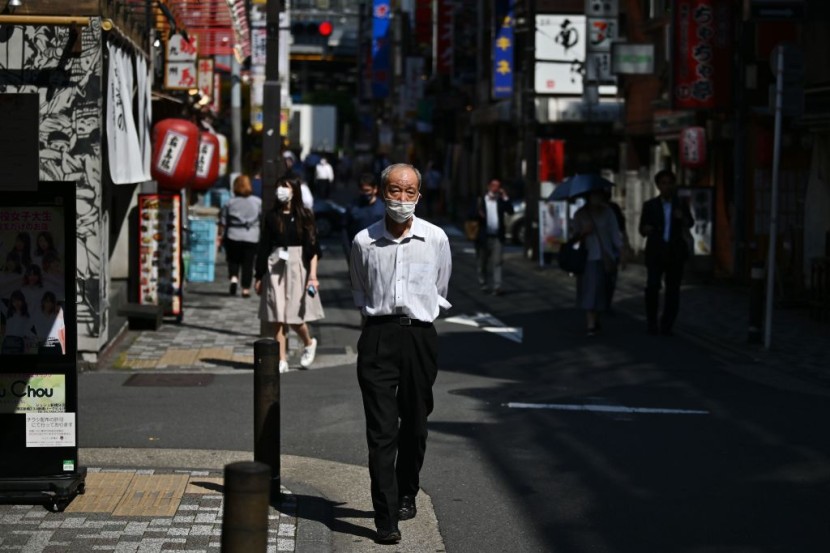
Japan's birth rate hit a new record low in 2022, dropping below 800,000 for the first time since authorities began to record the statistic in 1899, prompting lawmakers to take action.
The data released on Tuesday showed that the total number of births in the Asian nation dropped by 5.1% to 799,728. In a 2017 government forecast, officials said they were anticipating births to fall below 800,000 only starting in 2033, a full decade from now.
Japan's Declining Birth Rate
Experts believe that changes to Japanese citizens' lifestyles following the coronavirus pandemic and a growing trend of people getting married later in life or not at all are some of the factors that have exacerbated the country's declining birthrate.
In a statement, an official of the Japanese Ministry of Health, Labor, and Welfare said that many complex factors were involved in the issue. These include financial instability among the nation's younger generation and fewer social encounters between residents, as per Japan Today.
A senior researcher at the Japan Research Institute, Takumi Fujinami, said that the birth rate drop in 2022 was more or less caused by the decline of marriages in 2020 following the COVID-19 onset. This is because the first children are usually born two years after a couple gets married.
Fujinami noted that, in particular, women are less willing to have children than men. This, alongside the economic and employment environment, has caused the burden that women carry to increase, including in areas such as childrearing.
The recent data showed that the approximate number of births in Japan was estimated to be roughly 770,000, excluding children born to foreign parents. The numbers include figures for Japanese nationals living internationally and foreigners living within the Asian nation.
Read Also : Nigeria 2023 Election Update
Supporting World's Third Largest Economy
Authorities are worried about the declining birth rate because, in the future, this would mean a smaller workforce and fewer taxpayers who will sustain the nation in the future. Japan, the third largest economy in the world, has the highest proportion of elderly citizens worldwide, according to Yahoo News.
On Tuesday, a deputy chief cabinet secretary, Yoshihiko Isozaki, said that they recognized the birth rate issue putting Japan in a critical situation. He added that his understanding of the situation was that various factors came together and prevented the people from realizing their hopes for marriage, childbirth, and childrearing.
The Japanese government has continuously tried to bolster the labor force and support children and their families to increase the population and help the economy recover. Officials have encouraged more women to work and ordered more immigrants to be accepted.
Japanese authorities have allocated roughly $35.3 billion from the government's fiscal 2023 budget to support a new agency, which would be dedicated to children and their families. The agency will lay out its child and childrearing policies later in June.
On the other hand, a member of Japan's Liberal Democratic Party (LDP), Narise Ishida, suggested that the country's declining birth rate and marriage rate was because of the people's lack of "romantic ability."
The issue became even more apparent when Prime Minister Fumio Kishida used harsh language in recently addressing parliament. He said that the nation was on the verge of being able to function as a society. He said that the country was in a "now or never moment," said Al Jazeera.
Related Article: Elizabeth Holmes Theranos Case Update
© 2026 HNGN, All rights reserved. Do not reproduce without permission.








